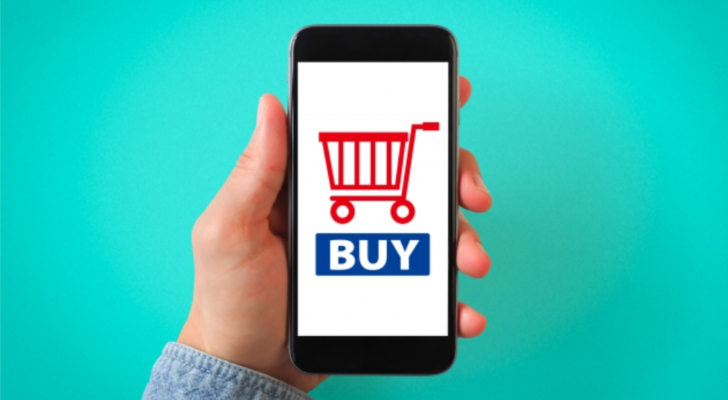
In the digital age, everything has changed, including how everyone shops. Traditional physical stores need to compete with stores that are online. These online stores benefit from e-commerce, and the importance of e-commerce must be understood. Retailers who only sell online have increased in numbers and popularity, because it is much more convenient for shoppers.
If you are looking for a way to develop online e-commerce capabilities, learn how affordable e-commerce software can help you.
Learn about E-commerce Software
This is the structure, organization, display, payment, and information tools that are used for creating selling capabilities online. The software combines all of these elements and helps them to run smoothly together.
What is the definition of e-commerce?
The buying and selling of goods online.
What is the role and functionality of e-commerce software?
It is the collection of tools that run these transactions, helping both the seller and the buyer to have a seamless experience. For many business owners, e-commerce software isn’t just a tool — it is a way to sell to a global marketplace.
Evolution of E-commerce Software
Anyone old enough to remember the early days of online shopping will remember a very clunky and limited experience. Today’s shopping platforms are robust, easy to use, are very informative for users, and provide usable data for sellers. E-commerce software has allowed us to evolve from simple online listings to expansive, interactive digital marketplaces. Advancements in technology, such as data analysis techniques, AI, and machine learning, have made the online shopping experience more personalized and more intuitive. The sophistication of e-commerce software tools and their application has made the experience of today unimaginable years ago.
What Does E-commerce Software Do?
E-commerce software plays a range of roles. It works behind the scenes to allow the following critical functions:
- Storefront creation: The look, feel, esthetics, and vibe of where customers will browse and shop.
- Product management: The online process of showing, updating, and managing products efficiently.
- Shopping cart features: Letting customers select and submit orders for purchase.
- Payment processing: Safe, secure, encrypted money transactions.
- Order management: Tracking the online selling, shipment, and delivery of products.
- Customer relationship management (CRM): Providing information, customer support, answering queries, and solving problems.
- Analytics and reporting: Tracking and using the data that is generated through the online shopping process.
E-commerce software is the collection of tools that replicate the physical in-store experience and create the digital in-store experience.
Benefits of Using Ecommerce Software
The advantages of e-commerce software are extensive. Here are the key advantages:
- Scalability: The amount of business that can be run through an online e-commerce store can be increased as interest and demand increases.
- Automation: Almost all parts of the online shopping experience can be automated, allowing for focus on planning and strategy.
- Data analysis: Analysis can be easily done on the data derived from online activity, helping determine future business decisions.
- Security: Customer data and transaction information can be encrypted and protected.
- User-friendly experience: Smooth application of the software can create happy customers who will be more likely to be returning customers.
- Cost efficiency: Because activities are online, physical overhead is not required, creating better profit margins and allowing for more competitive pricing.
- Global reach: Customer reach can instantly be global.
Different Types of Ecommerce Software
There are many options to choose from. Just as every building and store is different, with different offerings, e-commerce software has different varieties based on needs.
- Hosted ecommerce platforms: Many brands come with their own hosting. This makes setup simple.
- Self-hosted platforms: Other offerings allow more customization but they require you to create your own site hosting.
- Enterprise solutions: Large corporate providers cater to large-scale operations.
- Specialized platforms: For customers with niche markets or specific requirements, some platforms can offer more tailored solutions.
The digital market is vast and so are the tools available. That’s why it’s a good idea to shop around and explore the range of possibilities.
Summary: Happy Selling!
E-commerce software is a critical component of modern commerce. It’s the bridge between businesses and a global audience. So, as you decide how to grow and scale your business, make sure to research the tech and learn how to use it to your advantage.
Consider factors such as ease of use, scalability, integration capabilities, and cost. Every business is unique, and finding an ecommerce software solution that is right for you can be key to allowing your online operations to run smoothly.



